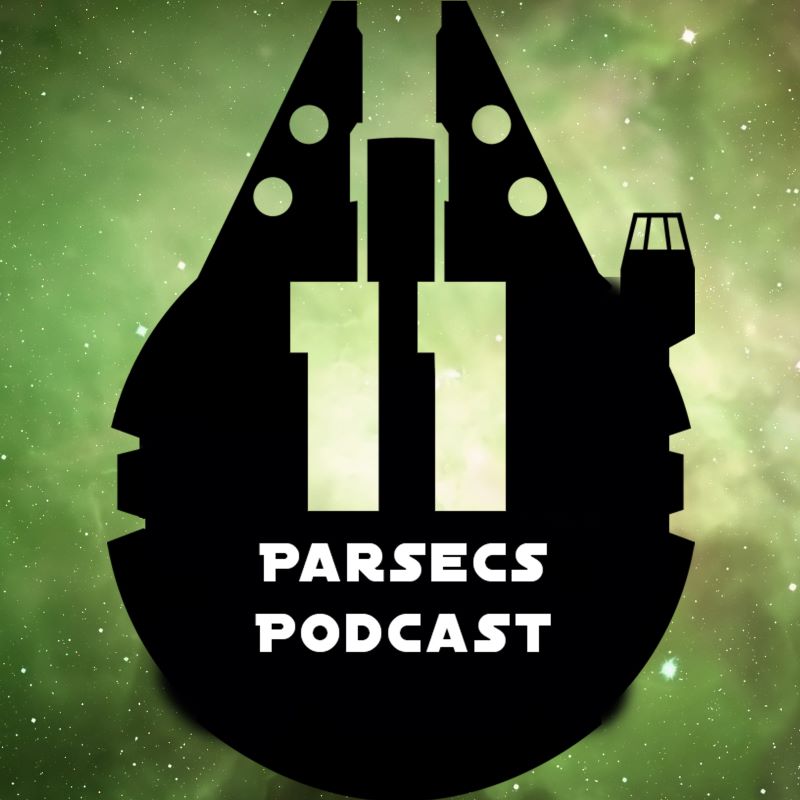
11 Parsecs Temple Archives -
The Codru-Ji are a sentient species originating from the Star Wars universe. They are indigenous to the Outer Rim world of Munto Codru, a planet known for its ancient, walled cities. The species possesses several unique characteristics, from their quadrupedal physiology to their complex lifecycle. Described as 'canine-rabbit-snake' like in appearance, adult Codru-Ji possess slender arms, long necks, and striking face structures, with six limbs ending in paw-like hands. They are known to be a dexterous species, often flexing their four rear legs independently of the other limbs.
The Codru-Ji's life cycle is a significant piece of their cultural identity and contributes to their societal structure. They are born as 'Wyrwulf', which are seemingly harmless, dog-like creatures with six legs and minimal intelligence. At the age of four, they undergo a critical metamorphosis, known as 'Process P', inside a cocoon. During this transformative stage, the Wyrwulf emerge as fully grown Codru-Ji adults, complete with their memories intact from their time as Wyrwulves.
The Codru-Ji society is matriarchal, with women usually serving in the ruling and working class while men are mostly relegated to roles within the home and childcare. Interestingly, all Codru-Ji children are raised in shared crèches, known as 'wyrwulf kennings'. They are looked after by the men of the species, who provide life necessities and protect the kennings from predators. The kennings play a significant role in keeping the Wyrwulf safe during their cocoon stage.
The Codru-Ji are mainly known for their tradition of 'abandonment' called the Ji-Ni. It refers to the four-year period when their children enter the cocoon, and the adults leave Munto Codru for exploration, trade, or conquest. This has facilitated the spread of their civilization throughout the galaxy. As a result, the Codru-Ji have an intricate and layered society, marked by their long history, natural intelligence, and distinctive cultural practices.
Similar Species: Amani, Ansionian, Nelvaanian
Mentions on Podcast Episodes: